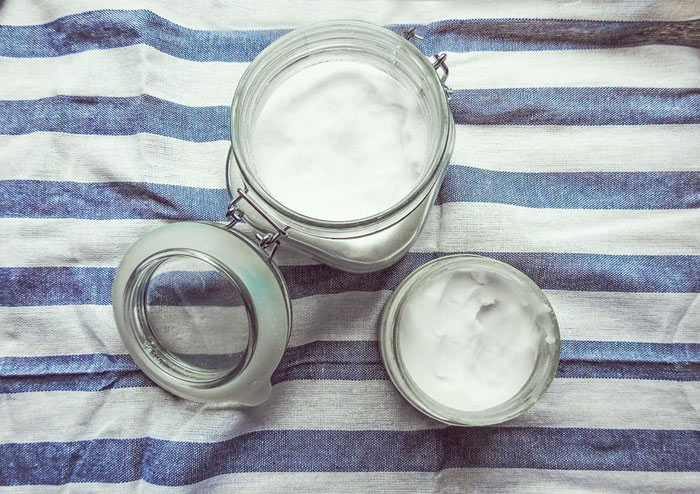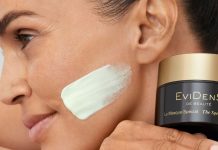Remember how your skin feels when it is freezing outside? Typically it is quite dry from all the moisture sucked out of it. Your skin then becomes irritated, flaky, red and can start to crack. At that point it becomes painful.

But then summer comes around, and after a beautiful day of showers, your skin feels different. No longer is it irritated and dry. It is softer and has that dewy look from the humidity in the air. Although appealing, too much moisture in the air can also be a bad thing for your skin.
Skin needs to have a certain amount of moisture in it and in the air to be healthy. Too little or too much moisture both will lead to the troublesome skin. Let’s take a look at how the moisture in the air (i.e. humidity) around us affects our skin.
Your Skin Needs Moisture
Moisturizing the skin is more than just for looks. Your skin actually needs moisture. Consistent moisture in the skin (without going overboard) helps to keep your skin healthy and young. The moisture helps the skin repair itself which gives the young, newer skin cells a chance to come to the surface.
Keeping the skin moisturized also helps reduce the chances of developing skin problems like dry skin and acne. Too little of moisture and the skin becomes dry. Dry skin tends to overproduce the natural oils which can clog up the pores, leading to breakouts.
High Humidity
 The pores on our skin absorb the moisture you put on it and the moisture in the air. If there is too much moisture, your skin starts to sweat and may even over produce its natural oils. All of this combination leads to clogged pores because they can no longer absorb any more moisture.
The pores on our skin absorb the moisture you put on it and the moisture in the air. If there is too much moisture, your skin starts to sweat and may even over produce its natural oils. All of this combination leads to clogged pores because they can no longer absorb any more moisture.
Clogged pores lead to breakouts. Not only that, high humidity levels usually come with high heat levels. That combination makes the skin prone to heat rashes and blisters. Both are hard on the skin and can be painful.
Low Humidity
When the humidity levels are too low, the moisture in your skin evaporates fairly quickly. Basically, the dry air is taking the moisture out of your skin. This leads to the dry patches you may find on your body. Without treatment, like adding moisture back into the skin, the dryness can become itchy, irritated and start to crack.
What Do You Do?
 Trying to keep the humidity levels at an ideal temperature can be a challenge. Luckily there are devices available that will help with that.
Trying to keep the humidity levels at an ideal temperature can be a challenge. Luckily there are devices available that will help with that.
Investing in something like a heat recovery system, similar to ones from Bpcventilation.com, will do the job of circulating the humidity around the home for you. They suck up the warm, humid air and replace it with fresh air.
If you find your house is quite dry in the winter months, a humidifier will add the needed moisture to bring the levels to normal. In the summer months when homes tend to be more humid, a dehumidifier will remove the access moisture.











